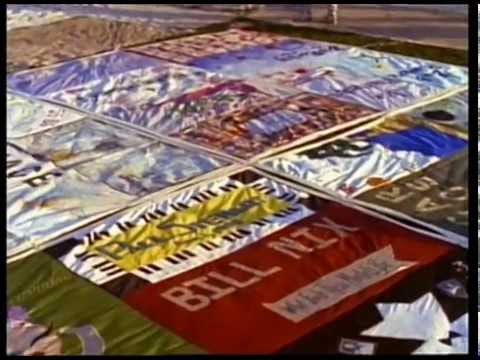Once again, Happy Pride Month! Last week we featured a list of the 10 Best Documentary Portraits of LGBT Culture, films that celebrate the lives and loves of their diverse subjects. Today’s list is entitled “The Best Documentaries About LGBT History.” What’s the difference?
The distinction is, in a word, politics. Obviously when dealing with something li…


